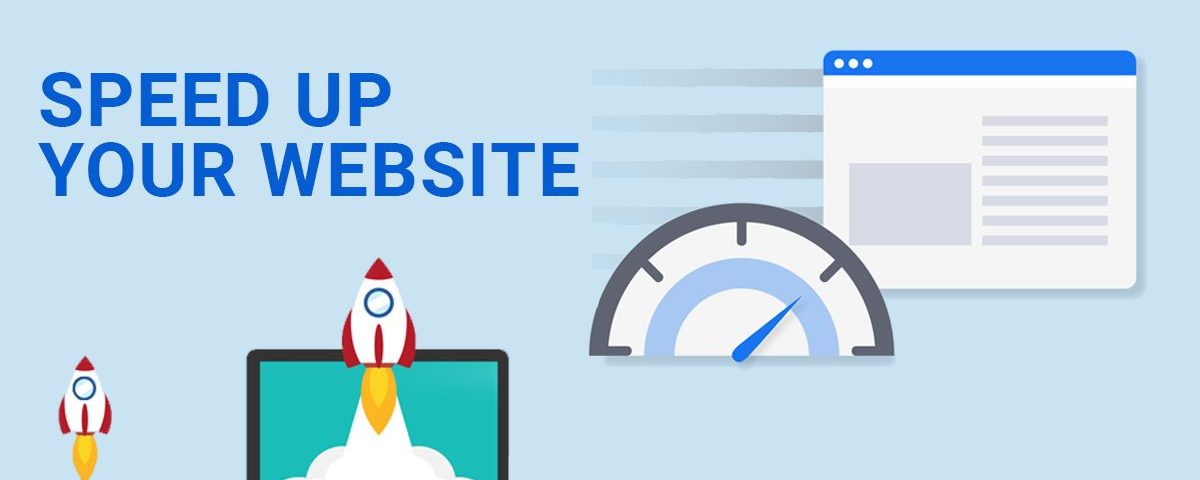- Have any questions?
- (Prasad) +91 96191 46851 | (Parag) +91 99878 20022
- support@pnpwebdesign.com
Website Speed Tests Need for Speed Navigating the World

How to Block a Website – Taking Control of Your Online Experience:
October 23, 2023
Best Website Builders Crafting a Digital Identity
October 23, 2023Website Speed Tests Need for Speed Navigating the World

In the fast-paced digital realm, the speed at which your website loads can make or break its success. A website that takes ages to load can frustrate visitors and harm your search engine ranking. This is where website speed tests come into play. In this blog post, we’ll explore the world of website speed tests, their significance, how to perform one, and the importance of a fast-loading website.
Why Website Speed Matters
Website speed is not just a technical metric; it has real-world implications. Here’s why it matters:
1. User Experience
- A slow website frustrates visitors. People today expect near-instant results when they click a link.
2. Search Engine Ranking
- Search engines like Google factor in website speed when determining your site’s ranking. Faster websites tend to rank higher.
3. Conversion Rates
- A slow website can lead to higher bounce rates and lower conversion rates. People are less likely to buy, sign up, or engage if your site is slow.
4. Mobile Friendliness
- Mobile users, who make up a significant portion of web traffic, demand speedy websites. Slow loading can lead to high bounce rates.
The Significance of Website Speed Tests
Website speed tests are vital tools for website owners. Here’s why they matter:
1. Diagnostic Tool
- Speed tests identify performance issues and bottlenecks on your website.
2. Benchmarking
- They allow you to compare your site’s speed to industry standards and competitors.
3. Optimization Guidance
- Speed tests often provide recommendations to improve your website’s loading times.
4. Performance Monitoring
- Regular testing helps you keep track of your site’s performance and catch issues early.
How to Perform a Website Speed Test
- Choose a Speed Testing Tool: Numerous online tools, such as Google PageSpeed Insights, GTmetrix, and Pingdom, allow you to test your website’s speed.
- Enter Your Website URL: Enter your website’s URL into the tool of your choice and initiate the test.
- Review the Results: The tool will provide a detailed report on your website’s performance, including load times, page size, and recommendations for improvement.
- Optimize Your Website: Follow the recommendations provided by the tool to optimize your website for better speed.
The Human Experience in Website Speed
Behind every website speed test, there’s a human experience at stake. Imagine you’re a visitor to your own site. How would you feel if it took too long to load? Slow websites can be a source of frustration, lost sales, and missed opportunities to connect with your audience.
Conclusion
Website speed is not just a technical detail; it’s an integral part of creating a positive online experience. Speed tests are the compass that guides website owners toward faster, more efficient websites. By using these tests and optimizing your website for speed, you can not only enhance the user experience but also improve your search engine ranking and conversion rates.




